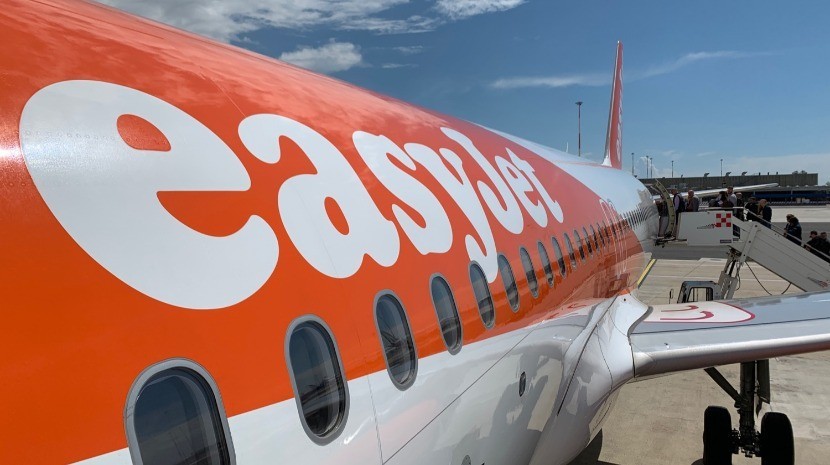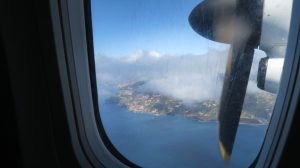So far, EasyJet has cancelled 350 flights between the 21st and 25th of July, due to industrial action.
In a strongly worded statement, the National Union of Civil Aviation Flight Personnel (SNPVAC) said:
“This strike could have been avoided if the company had really wanted to work with us. But EasyJet seems to be committed to not returning to the negotiation table and with the strike notice, they have already cancelled 69% of the flights, that is, 350 flights that would have departed from the bases of Porto, Lisbon, and Faro on the 21st, 22nd, 23rd, 24th and 25th of July 2023.”
On Thursday, union members voted against the airline’s proposed pay increase, with 90 percent of the vote against. This is the third strike in the last six months, with cabin crew based in Portugal demanding to have the same conditions as those working in other countries.
The airline expressed disappointment with the new strike and accused the union of continuing with impractical demands, demanding increases “that do not demonstrate any sense of reality.”
According to the company, the union’s latest proposal was a 44 percent overall increase.
In the statement sent today, the SNPVAC recalled that “unlike other countries where EasyJet has the operation, the crew of the Portuguese bases unanimously voted for a pay freeze in October 2020, helping the company in its most difficult phase” during the pandemic.
“We now ask the company to show the ‘sense of reality’ and ‘sense of responsibility’ that it has shown in other jurisdictions, such as France and Germany, where the company has provided increases to workers, even without the growth of the operation that it has demonstrated in Portugal,” the workers’ representatives pointed out, stressing that the SNPVAC proposal “does not cover the amount of inflation since the beginning of 2022 and does not include the pandemic years.”
The union also recalled the airline’s goal of “exceeding market expectations and achieving profits of 294 million euros by the end of September,” considering that it is now up to the company to demonstrate that the business model in the country “is consistent with the claim, always touted, of being the second best employer in the aviation sector.”
The SNPVAC also stressed that it is willing to continue negotiations, however, it will not accept “that the company continues to perpetuate its regime of maximum profitability and minimum remuneration.”
Samantha Gannon
info at madeira-weekly.com






